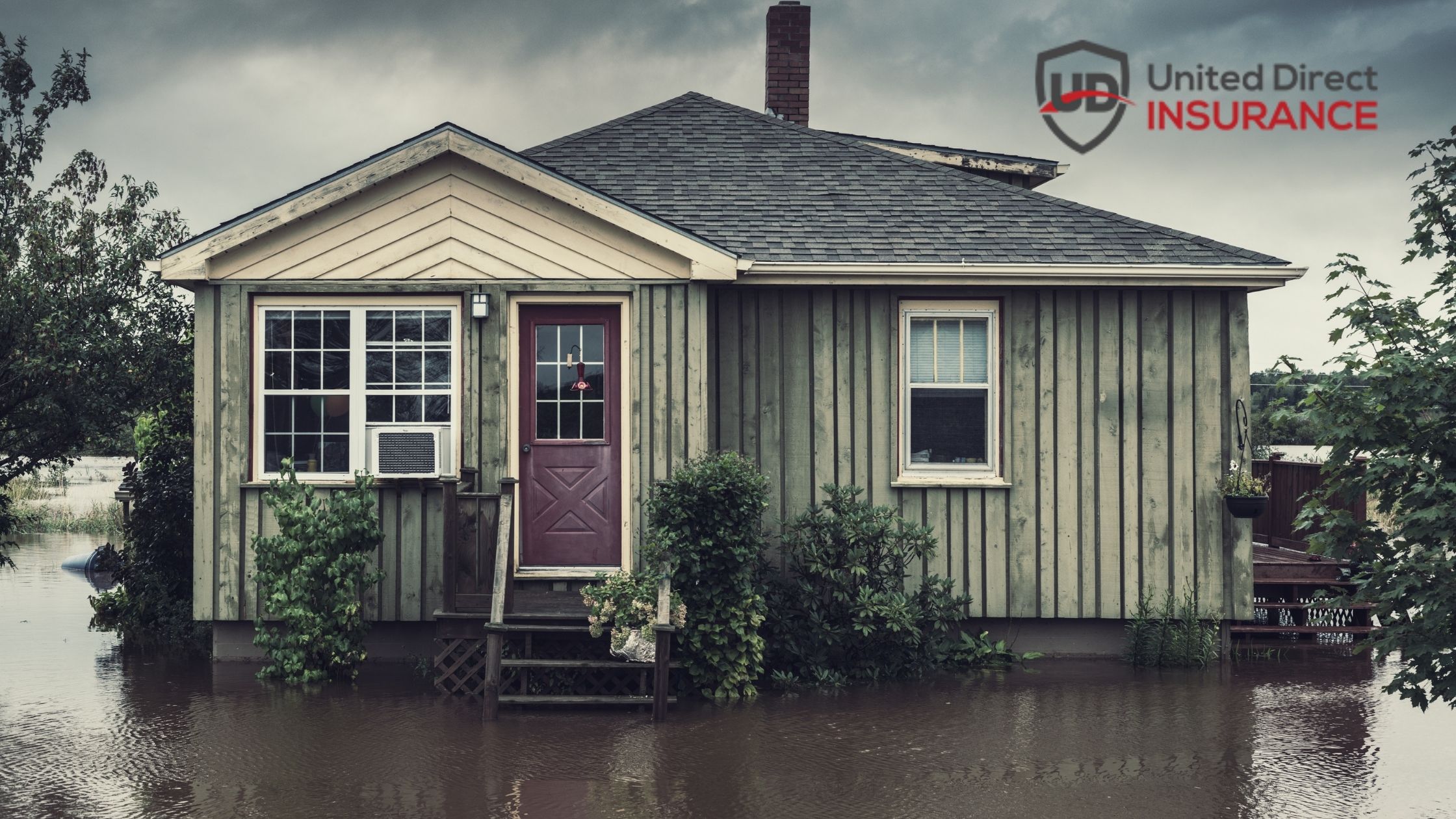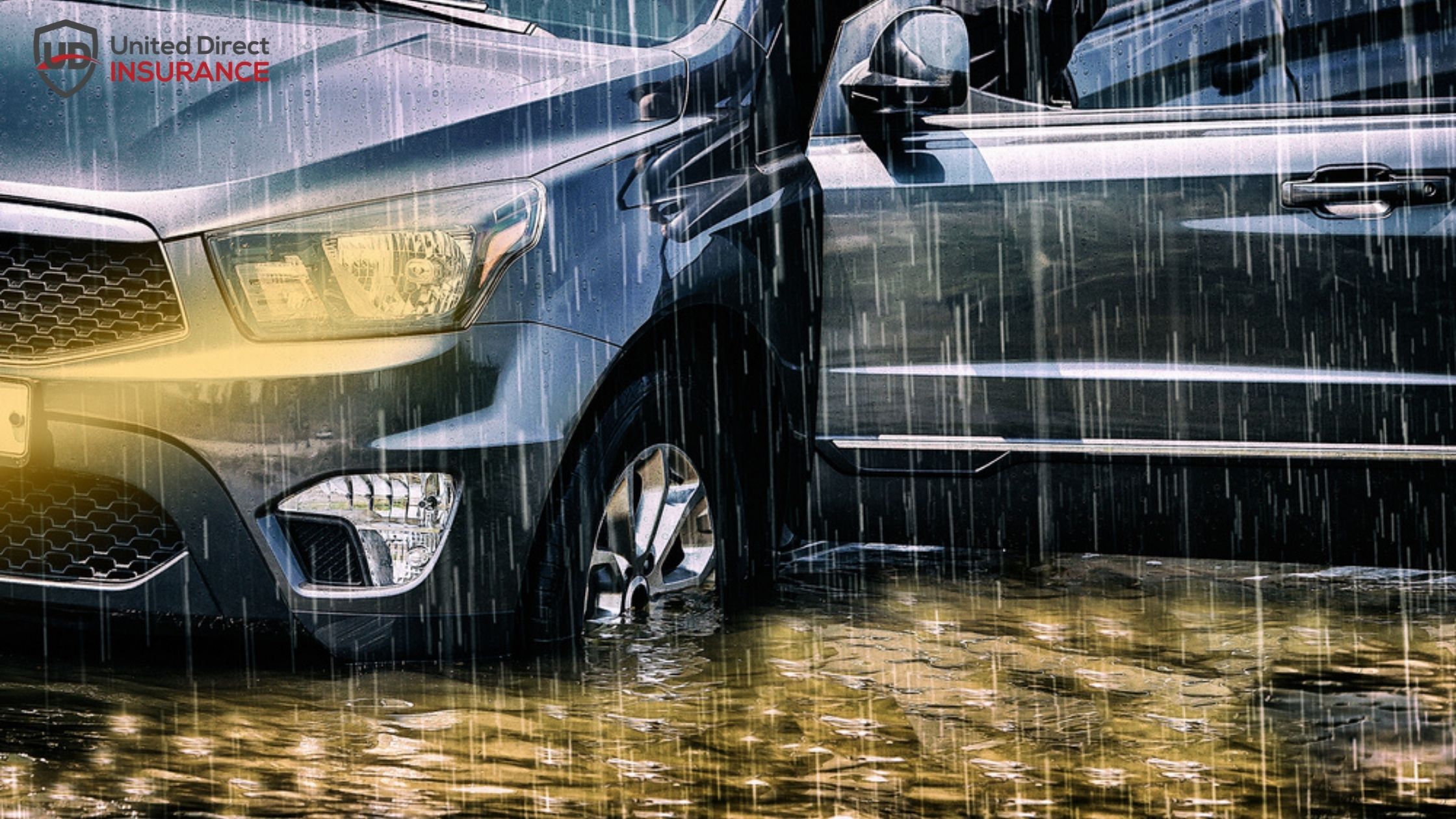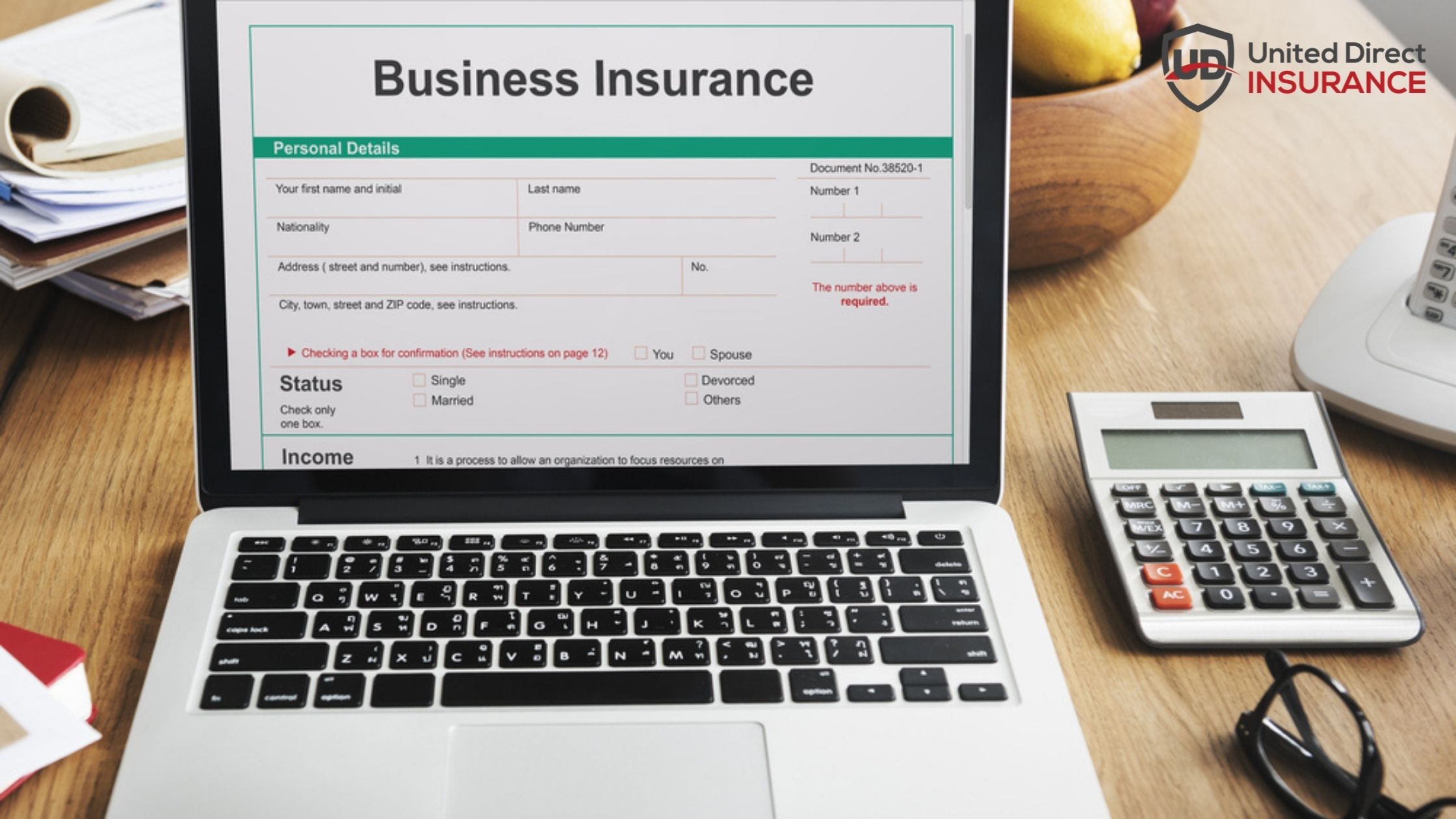Earthquake insurance aims to safeguard against the losses associated with direct earthquake damage. In the U.S., such losses can exceed $4.4 billion every year. California, Washington, and Oregon bear the greatest burden (up to 80% of reported earthquake losses). However, according to the U.S. Department of Homeland Security Federal Emergency Management Agency (FEMA), uptake of earthquake insurance remains low nationally. Top markets such as California and Washington have only achieved 10% and 11.3% coverage.
Who Needs Earthquake Insurance?
Earthquake insurance is not mandatory in the U.S. However, you will benefit from this insurance policy if:
-
You reside in an earthquake-prone area like California, Washington, Oregon, or Missouri. The U.S. has experienced close to 20,000 earthquakes since 1900. FEMA estimates that close to 90% of these cases happen in California.
-
Own a home or have a business premise located on or close to a fault line. Human activities such as hydraulic fracturing can activate dormant fault lines and trigger unconventional earthquakes.
-
Own an old building that is not up to code or that you have not upgraded to current code. Low-magnitude seismic activity and tectonic shifts can damage or bring down such delicate buildings.
Where Can You Buy Earthquake Insurance?
The main providers of earthquake insurance include:
-
Renters or homeowners insurance companies - Most renters and home insurance companies sell earthquake insurance under an endorsement. In California, all insurance companies are legally required to sell earthquake insurance as a standalone policy or as an add-on to a home insurance policy.
-
California Earthquake Authority (CEA) - CEA offers coverage through participating carriers. While it is privately funded, it is a not-for-profit organization.
Extent of Coverage
A standard earthquake policy covers the following:
-
Property damage - The policy covers damages to commercial and residential properties plus attachments such as patios or garages. Some policies cover emergency repairs or building code updates.
-
Living expenses - You will most likely have to rent a place to stay or run your business after an earthquake damages your property. Tap into your earthquake insurance to cover such living expenses.
-
Property damage - Your insurance provider will replace the property damaged. These can be electronics such as computers and televisions, clothing, furniture, and kitchen appliances.
What Is Not Covered
Your earthquake insurance will not cover hazards such as fire (accidental or naturally induced), damage to land (erosion or sinkholes), water damage from tsunamis or floods, and damage to motor vehicles.
How Much Earthquake Insurance Do You Need?
This will depend on many factors, such as your ability to replace or repair your belongings or to find alternative accommodation after an earthquake. If you can afford such costs, you can negotiate for lower property coverage with a lower deductible that maximizes a settlement.
Contact our team of professionals at United Direct Insurance Services today for all your earthquake insurance needs. We are here to help you get the right insurance coverage to suit your unique coverage requirement.








